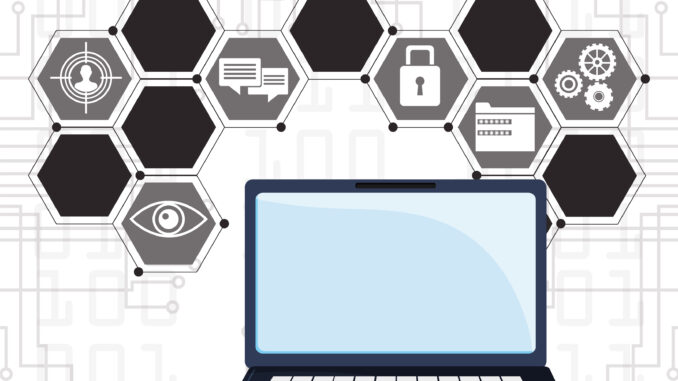
ChatGPT is a versatile tool that helps with writing, research, planning, brainstorming, study, communication, and creative work. Its ability to generate ideas and simplify complex topics makes it appealing to students, professionals, and everyday users. But to use it effectively, it is important to understand safety, privacy, accuracy, and ownership. Responsible use ensures that you stay protected, maintain control, and produce work that is uniquely yours.
This guide explains how to use ChatGPT safely, how to protect your information, how to personalize AI content, and who legally owns the material created through the tool.
Understand ChatGPT’s Limitations
ChatGPT generates text based on patterns in data, not personal expertise or lived experience. This means it can sometimes produce information that is:
-
Inaccurate
-
Outdated
-
Oversimplified
-
Missing important context
For everyday tasks, ChatGPT is extremely helpful. But for serious matters involving law, health, finance, or major decisions, its responses should be verified with trusted sources or qualified professionals. Responsible use means knowing when to rely on AI and when to consult a human expert.
Protect Your Personal Information
ChatGPT does not need personal, sensitive, or identifying details to function. To stay safe, avoid sharing:
-
Full names
-
Addresses or location details
-
Phone numbers or email addresses
-
Social Security numbers or identification
-
Bank or credit card information
-
Medical documentation
-
Confidential business information
Keeping private information out of your conversations reduces risk and preserves your digital safety.
Think Critically About AI Responses
Although ChatGPT can explain and summarize information well, it may not always understand context or nuance. It cannot verify facts in real time. This makes critical thinking essential.
Always consider:
-
Does the information sound credible?
-
Does it reflect multiple viewpoints?
-
Is it missing important details?
-
Should this be checked against another source?
Good judgment ensures responsible use.
Make AI-Generated Content Your Own
ChatGPT can produce fast, clear drafts, but the most effective content comes when you add your own voice, experience, and insight. Here are detailed ways to transform AI output into original work:
Add Your Voice and Tone
Rewrite sections to reflect how you naturally speak or write. Adjust the pacing, vocabulary, and style.
Include Real Experiences
Add examples, stories, lessons, or observations that only you can provide.
Contribute Research or Data
Enhance the content with up-to-date statistics, verified facts, quotes, and credible sources.
Change the Structure
Rearrange paragraphs, add new sections, merge ideas, or change the flow entirely.
Offer Insight and Interpretation
Share what the information means to you or your audience. Add recommendations or warnings based on your judgment.
Edit with Care
Polish the content, check for clarity and accuracy, and eliminate generic phrasing.
These steps ensure that the final product is personal, original, and aligned with your goals.
Who Owns ChatGPT-Generated Content?
Under OpenAI’s current terms of use, you own the output created by ChatGPT. That means:
-
You can publish it
-
You can edit it
-
You can sell it
-
You can use it in business, creative work, or commercial products
However, ownership also includes responsibility. You must ensure:
-
Accuracy — The content represents truthfully what you intend to communicate.
-
Originality — You refine and personalize the content so it does not remain generic.
-
Ethical Use — You do not mislead others or present AI content as factual when it has not been verified.
Ownership empowers you, but it also obligates you to use AI-generated material responsibly and transparently when appropriate.
Stay in Control of Decisions
ChatGPT is a tool designed to assist thinking, not replace it. While it can accelerate your workflow, provide clarity, and support your creativity, the final judgment should always remain with you. You decide what to keep, what to change, and how to use the information.
Final Thoughts
ChatGPT can dramatically improve productivity and creativity, but safe and responsible use is key. By understanding its limitations, protecting your private information, evaluating responses with critical thinking, adding your unique voice, and understanding your ownership rights, you can use ChatGPT confidently and effectively.
When you balance AI assistance with your own expertise and care, you produce work that is informed, original, and fully under your control.
